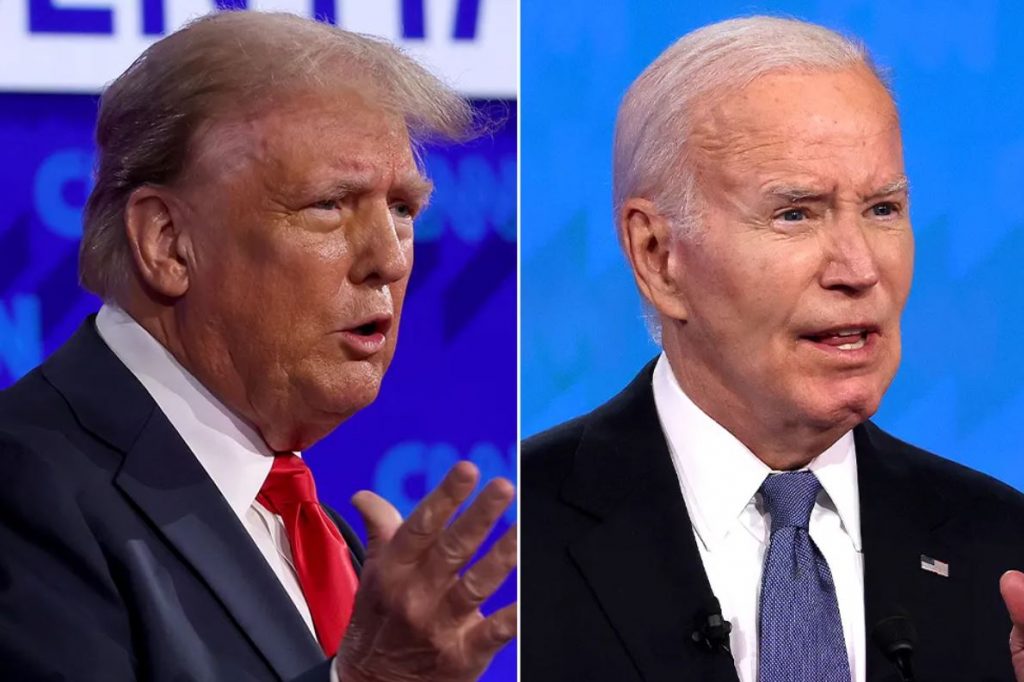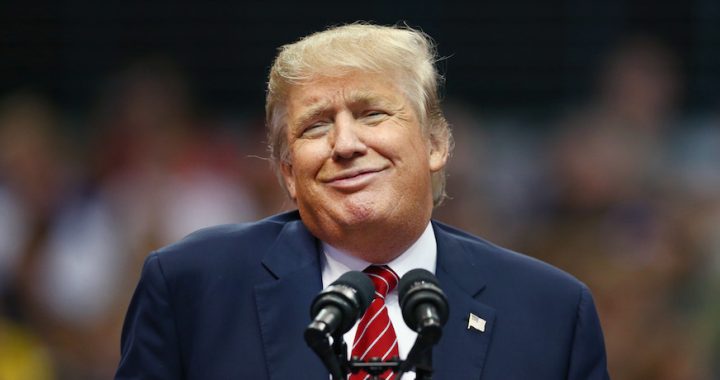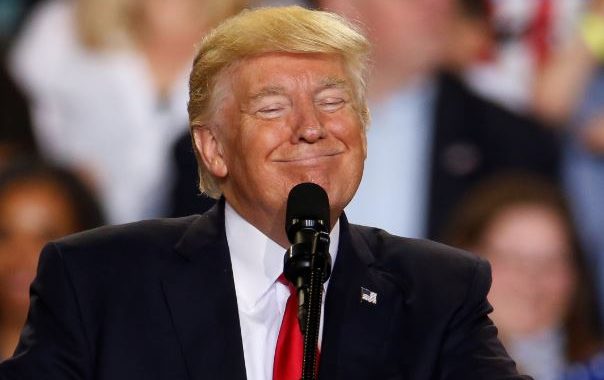
presidential debate
Biden, Trump Square Off Over Improving Economy and Lives of Minorities During Presidential Debate in Atlanta
by Christopher Weems
In the first official debate for the 2024 presidential election, hosted by CNN in Atlanta on June 27, President Joe Biden and former President Donald Trump sparred over key issues affecting minority populations and the broader U.S. economy. The debate, moderated by CNN anchors Dana Bash and Jake Tapper, highlighted each candidate’s stance on economic policies, social justice, and their impacts on Black and minority communities.
Economic Policies and Minority Communities
The debate opened with a focus on the U.S. economy, where both candidates presented starkly different views on the current economic situation and its implications for minority communities.
President Joe Biden emphasized the progress made during his administration, particularly in job creation and reducing prescription drug costs. He highlighted that his administration created 15,000 new jobs and 800,000 new manufacturing jobs, with efforts to bring down the cost of essentials, including housing and healthcare. Biden stressed his commitment to reducing economic disparities, particularly for working-class and minority families, by building affordable housing units and capping rent increases
driven by corporate greed.
Biden also addressed the challenges faced by Black families, acknowledging the lower earnings compared to white families and the higher mortality rates among Black mothers. He cited achievements such as starting more Black-owned businesses, reducing Black unemployment, and providing housing support to address segregation. He emphasized the need for continued efforts in childcare, education, and healthcare to further support Black families.
Former President Donald Trump countered by claiming his administration had the greatest economy in U.S. history before the COVID-19 pandemic. He criticized Biden’s handling of the economy, attributing high inflation and economic hardships to Biden’s policies. Trump argued that his tax cuts and deregulation spurred economic growth and job creation, benefiting all Americans, including minority communities. He criticized Biden for causing inflation and argued that the influx of immigrants under Biden’s administration has taken jobs from Black and Hispanic communities.
Social Justice and Minority Populations
On social justice issues, Biden acknowledged the progress made but also recognized the ongoing struggles of minority communities. He emphasized his administration’s efforts to provide economic opportunities, healthcare access, and support for education to Black families. He mentioned the significant funding allocated to historically Black colleges and universities (HBCUs) and the reduction in student loan burdens for those in public service.
Trump, on the other hand, highlighted his criminal justice reform initiatives and funding for HBCUs during his administration. He criticized Biden for his past support of policies that negatively impacted Black communities, such as the 1994 crime bill, and accused him of failing to address current issues effectively.
In their closing statements, both candidates reiterated their commitment to improving the lives of all Americans, particularly those in minority communities. Biden focused on his plans to continue reducing economic disparities and providing support for healthcare, education, and housing. Trump emphasized his achievements in boosting the economy and his plans to restore America’s greatness by cutting taxes and deregulation.
As the debate concluded, it was clear that both candidates recognize the importance of addressing the needs of minority populations and the broader economic challenges facing the country. The stark differences in their approaches and policies provide voters with distinct choices as they head to the
polls.







